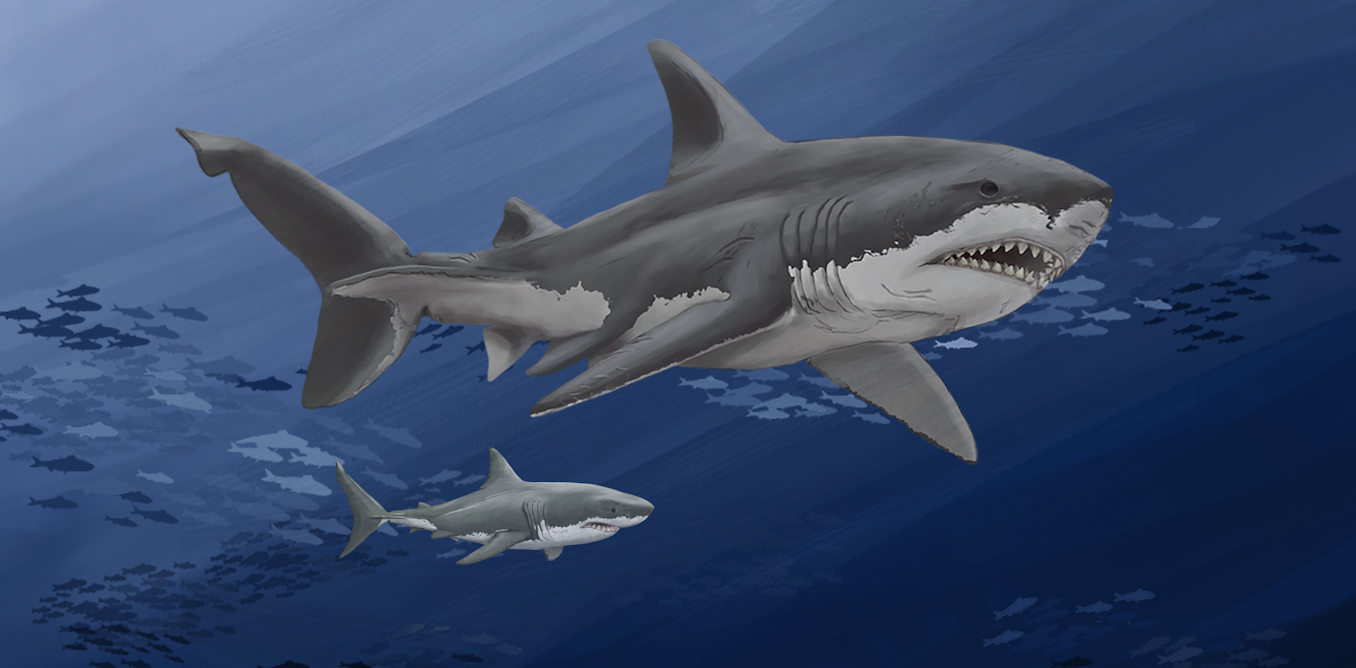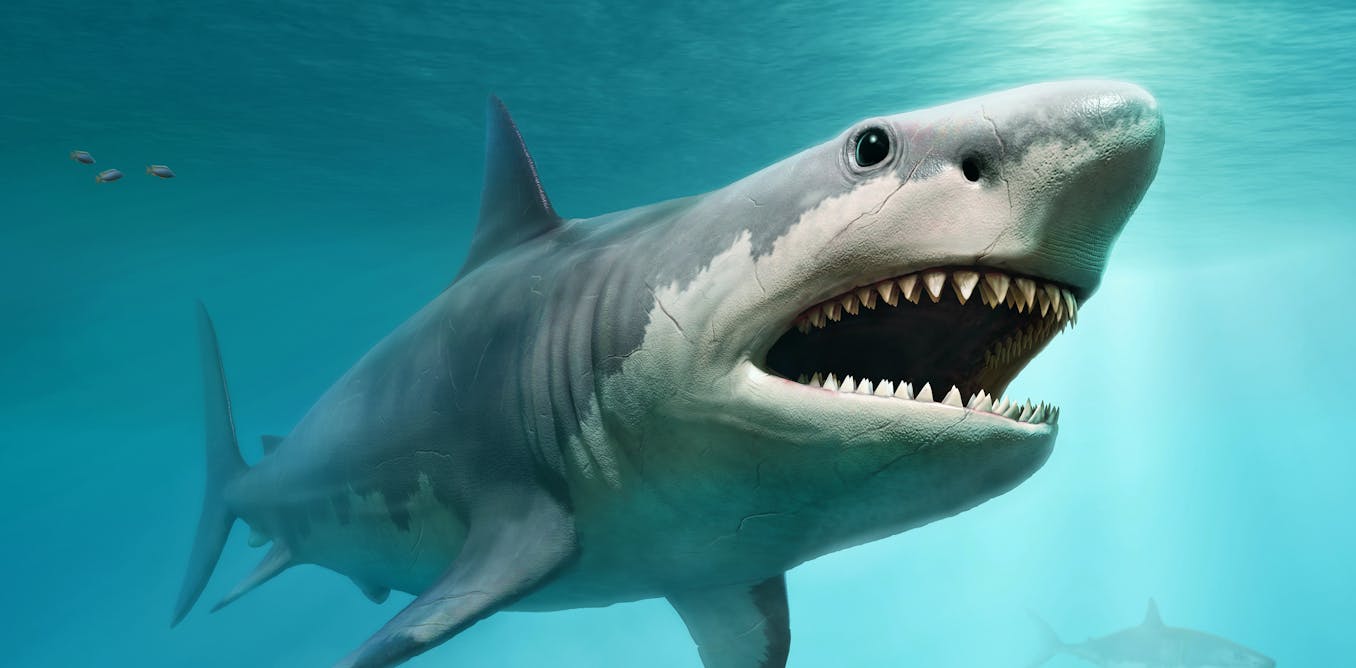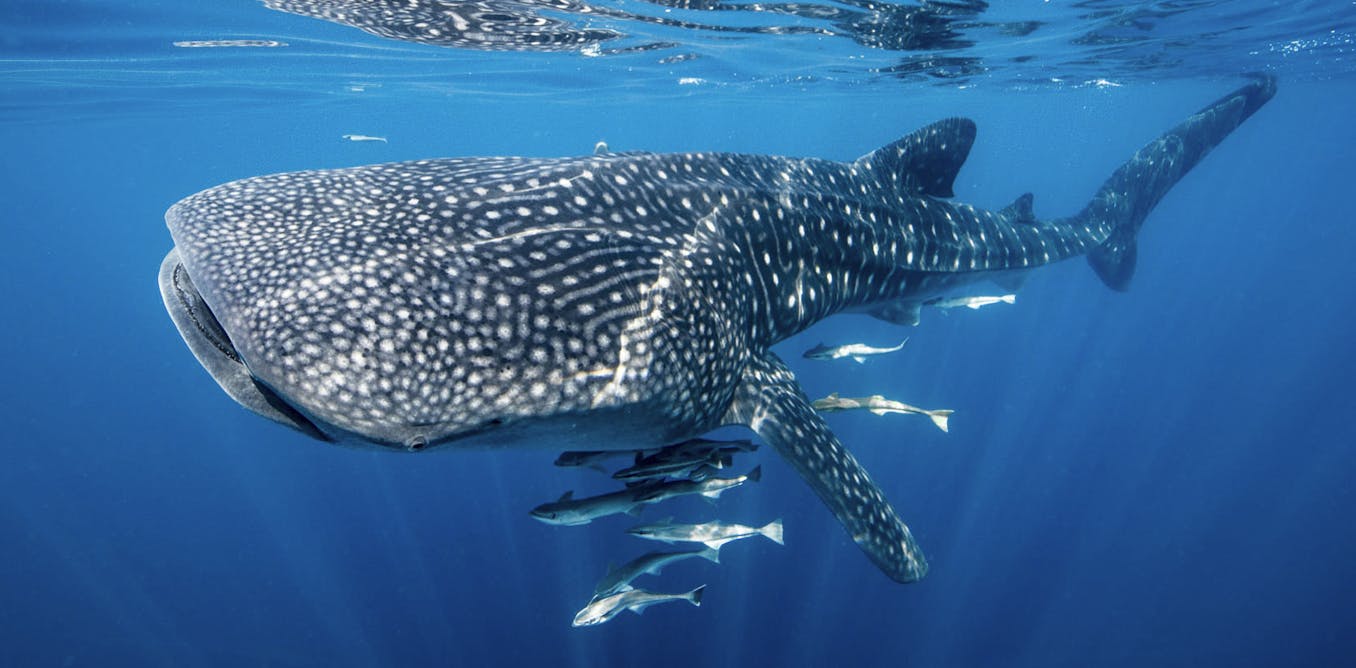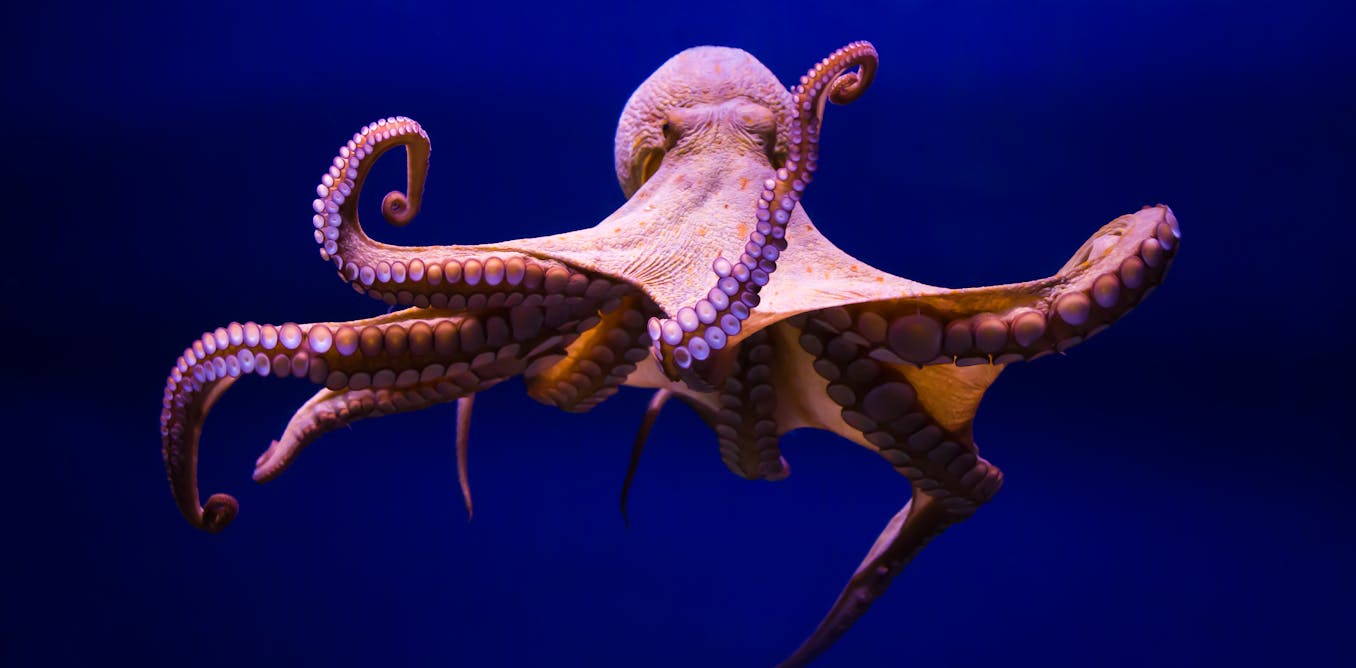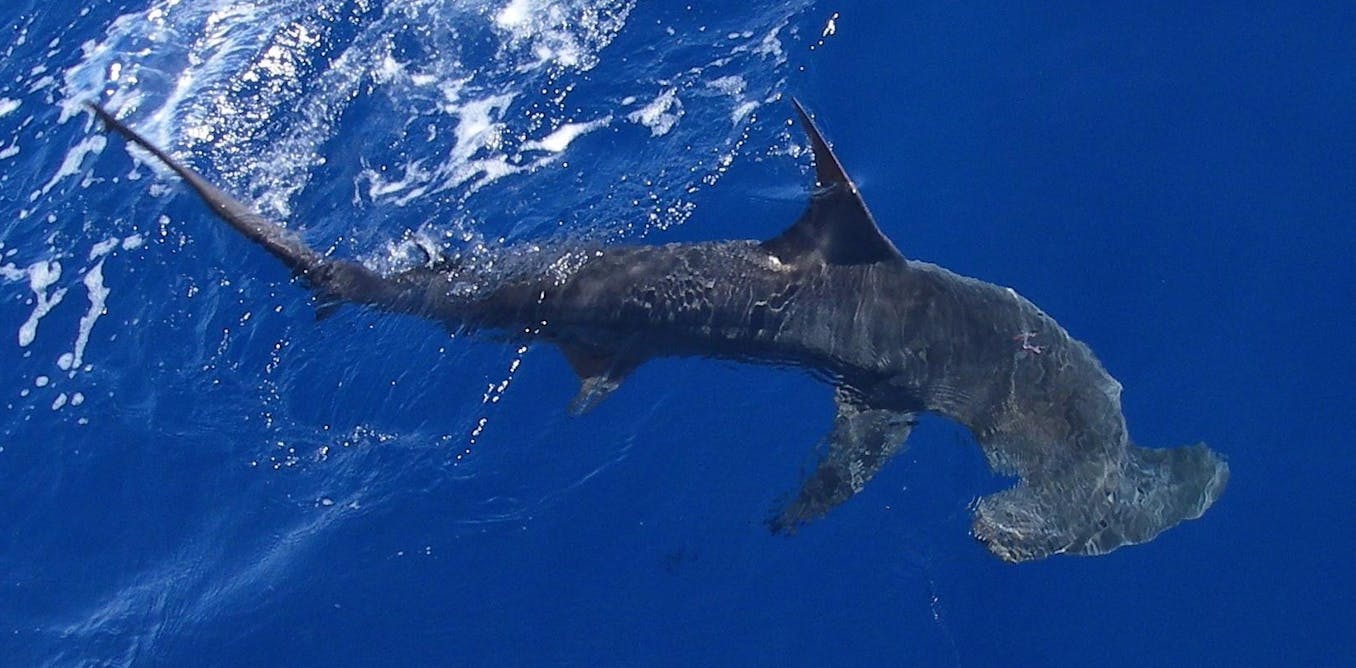Megalodon sharks ruled the oceans millions of years ago – new analyses of giant fossilized teeth are helping scientists unravel the mystery of their extinction
Megalodon, the world’s largest known shark species, swam the oceans long before humans existed. Its teeth are all that’s left, and they tell a story of an apex predator that vanished.
July 20, 2022 • ~8 min

